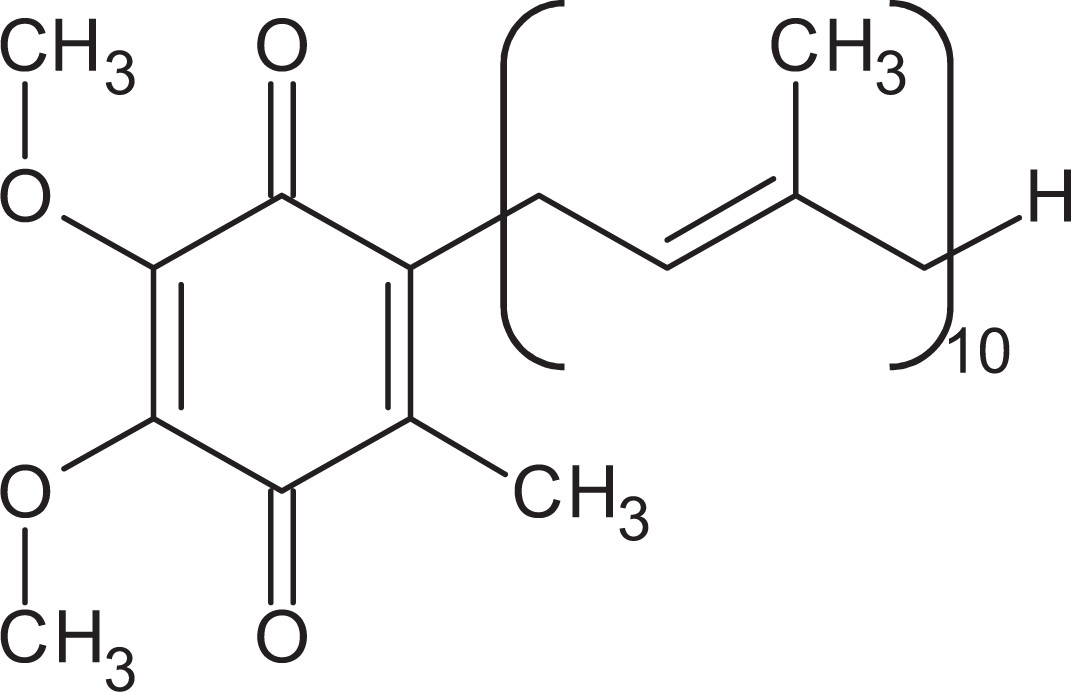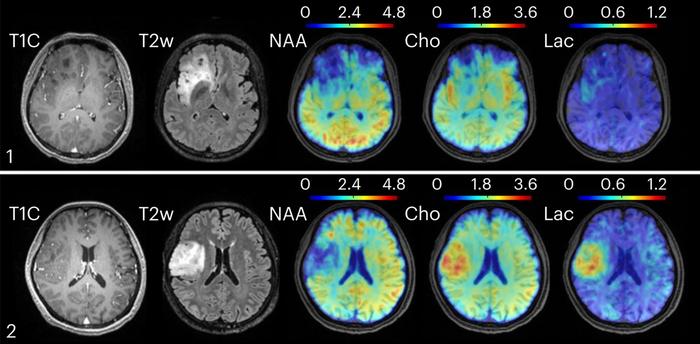In a groundbreaking study published in Nature on July 9, 2025, researchers at NYU Langone Health reported remarkable progress in treating HPDL deficiency—a rare mitochondrial disease—using an experimental therapy. The condition impairs the production of coenzyme Q10 (CoQ10), vital for cellular energy.
The case involved an 8-year-old boy who, within months, went from playing sports to needing a wheelchair. After being treated with 4-hydroxybenzoate (4-HB), a CoQ10 precursor, the child regained the ability to walk and even run, though some neurological symptoms remained. This marks the first known instance where supplying CoQ10 building blocks—rather than CoQ10 itself—helped reverse disease progression in humans.
The treatment, inspired by preclinical research in mice, was developed by Dr. Michael Pacold’s lab and fast-tracked for compassionate use. Researchers now aim to identify the optimal treatment window and dosage, with plans to expand clinical testing.
Beyond rare disorders, this research could have implications for broader conditions like heart disease and Alzheimer’s, where CoQ10 levels decline with age. NYU Langone is pursuing licensing for further development of the therapy.
Source: NYU Langone Health, Nature. Read the full paper here.
Cover: Structure of coenzyme Q10 (CoQ10).






